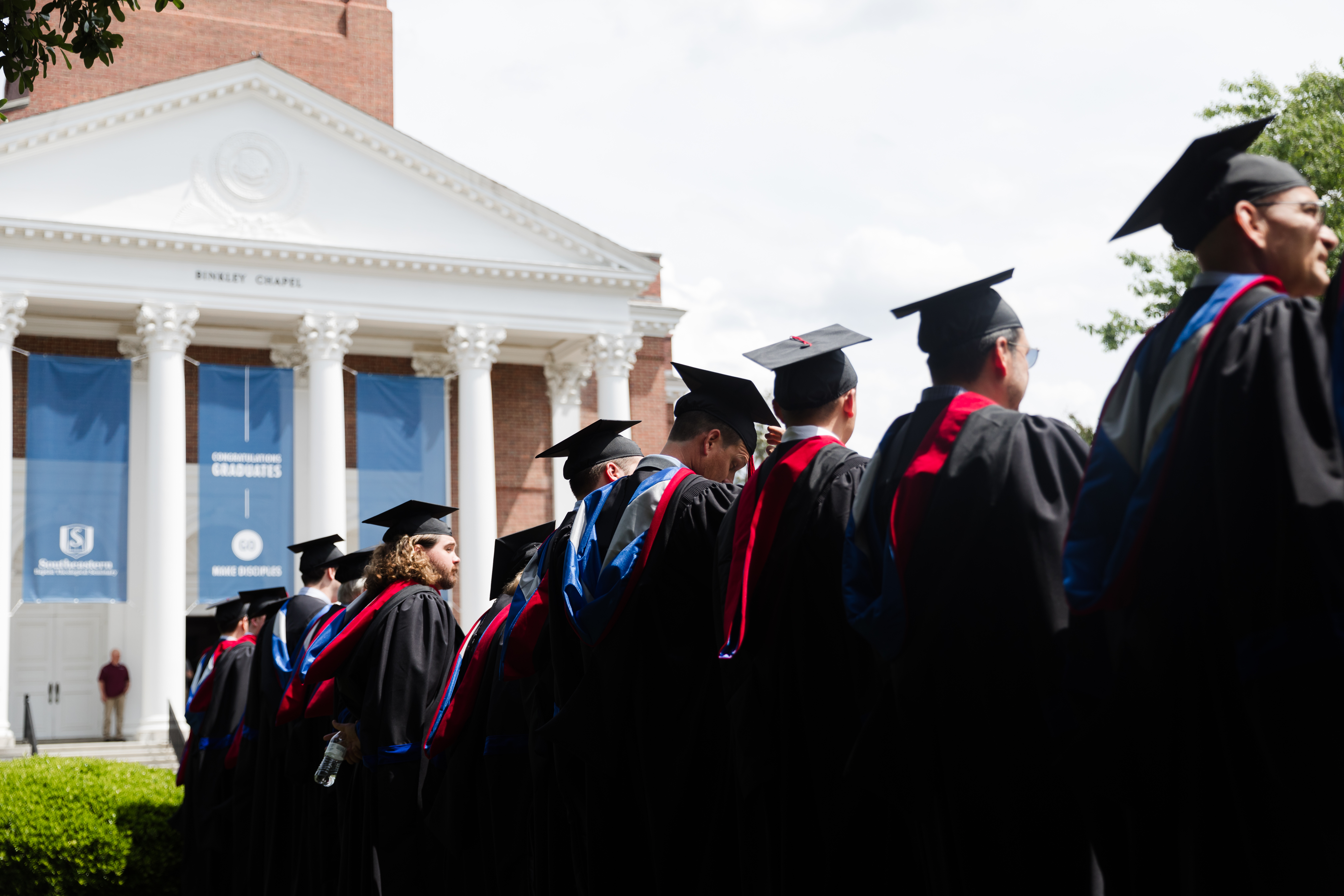Grind Culture
Maybe you know the vibe. No days off! Be the first one in the office and the last one out! I will rest when I die! I imagine an Instagram influencer showing off his cars, houses, and lavish vacations, holding forth the promise that all who grind like him can have a life like his.
Grind culture values work and productivity over wellness and sustainability. Embracing this mentality may help us produce beyond what we thought possible by pushing us beyond our limits. People who change the world typically exceed their own limits. They do more, and they work harder than anyone thinks they can.
Walter Isaacson’s biography of Steve Jobs presents the eccentric genius as a man who lived in his own reality, who refused to acknowledge limiting factors in pursuit of his goals. There is a very good chance you’re reading this article on a device he created. He pushed himself and his team beyond their breaking point and, together, they changed the world. But, they broke. Jobs’ life was full of dysfunction and brokenness.
Grind culture holds forth the promise of riches, fame, or pleasure and invites you to offer your whole self to these ends. Hustle, stay on the grind, and out-work everyone. At best, you will end up with the whole world. But what gain is even that if you lose your own soul?
Self-Care Culture
This is a whole different vibe. I picture an infographic shared to an Instagram story by a well-meaning friend. It has phrases like: Protect your peace. Love yourself. Eliminate toxic people.
If grind culture ignores our limits, self-care culture fixates on them. If grind culture overly emphasizes production, self-care culture overly emphasizes rest and wellness. There is certainly a healthy form of self-care that flows from a biblical view of self-love. After all, the Greatest Commandment presupposes a sort of self-love. Yet, the Scriptures are clear that love also seeks not itself. I am concerned that self-care culture rises from an overly therapeutic approach to life.
Therapy has rightly been de-stigmatized in our culture. It is important, however, to notice how these dynamics have changed. If ten years ago I had to help people understand that it is okay to go to therapy, I increasingly feel burdened to help people understand they might not need therapy.
We must beware running our theology through therapeutic filters. The call of discipleship is not first a call to understand yourself or reclaim yourself, but to deny yourself, take up your cross, and walk the way of Jesus. And on this way, Jesus himself gives us the rest we need.
Gospel Culture
Grind culture is right to value work, and self-care culture is right to value rest and wellness, but both do so in unhelpful ways. Both share a common problem: they fundamentally focus on the self. Both assume our lives are, in some way, about us. This assumption is incorrect. My one comfort, as the Heidelberg Catechism has famously stated, is that I am not my own, but belong body and soul, in life and death, to my faithful Savior, Jesus Christ. And this changes everything. We might call this the fundamental truth of gospel culture.
Jesus is better than Instagram influencers. He offers something better than a combination of grind culture and self-care culture, some elusive balance of work and rest. Yes, he offers true rest and gives our work true meaning. But he does something even greater. He orients our bodies and souls to his kingdom, leading us to himself by the Spirit as we walk in faith and repentance. Jesus gives us himself—a reward better than a vacation home or a life with no toxicity.
As our Good Shepherd, he leads us into seasons of work and rest, renewing us day by day. He gives us what we need to face each day as we rely on him in prayer. He takes care of his own. He knows our limits, for he created us with them. Those limits are invitations to experience his limitlessness, both in rest and in work. We can say, then, with the Apostle Paul: I have learned the secret of facing exhaustion or refreshment—I can do all things through Christ who strengthens me.
So, what now? Three practical words in light of these things:
- Identify where you have been influenced. How might the good news of Jesus offer both a rebuke and an invitation? Where have you believed the lies of grind culture or self-care culture, and how might you acknowledge the lordship of Christ in work and rest?
- Center the local church. Establish rhythms that ground your calendar in the good news of Jesus. Prioritize the local church—the gospel made visible. Increase Bible intake, letting the Word of God become the loudest word in your life.
- Find a trusted saint and start a conversation. Send them this article. Share your fears, your limits, your goals, your calendar, and process together how you are thinking about work and rest in light of the gospel.





No comments have been added.